
MSE is a small, close-knit major that has provided me with support in my academic and personal life. The academic freedom has allowed me to explore different avenues outside of engineering that include ethics, wines, and astronomy.
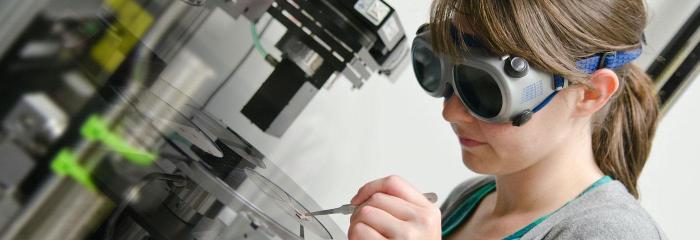
Congratulations on admission to Cornell Engineering! Making a more sustainable, healthy, and joyous world starts with imagining new materials. That’s why students with a passion for chemistry, physics, and mathematics choose to major in materials science and engineering at Cornell – because everything from renewable energy to medical devices to consumer electronics can be advanced by improving the materials they are made from.
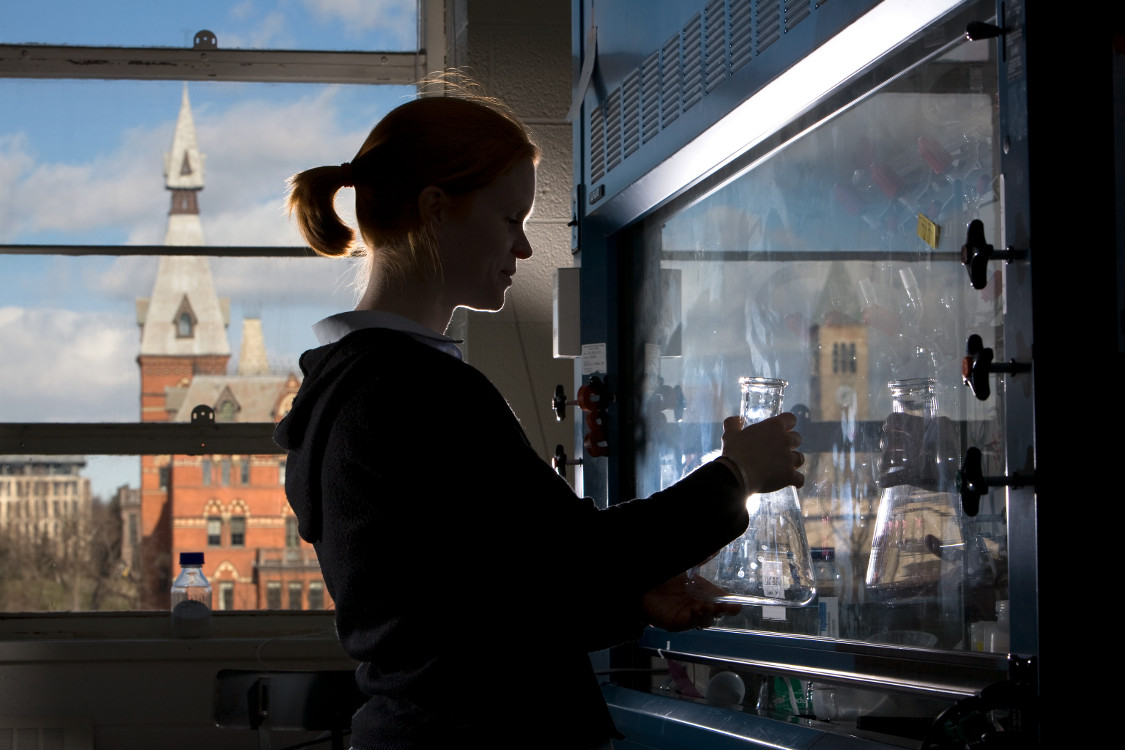 The Department of Materials Science and Engineering at Cornell offers one of the top ranked undergraduate programs in the world. It’s flexible curriculum, collaborative learning environment, and integration of technology and materials is widely regarded as a model for other universities worldwide.
The Department of Materials Science and Engineering at Cornell offers one of the top ranked undergraduate programs in the world. It’s flexible curriculum, collaborative learning environment, and integration of technology and materials is widely regarded as a model for other universities worldwide.
As a materials science and engineering major, you will be emboldened to think creatively and explore new ways to improve the quality of life on our planet. Together, we tackle problems great and small.
Students who graduate with a Bachelor of Science degree in materials science and engineering from Cornell work in a wide variety of industries, found their own startup companies, or continue their education in graduate school. The median annual wage for materials engineers is over $95,000 according to the latest figures from the U.S. Bureau of Labor Statistics.
Learn more about what it’s like to study materials science and engineering below, including information about curriculum, career paths, life at Cornell, and frequently asked questions.

MSE is a small, close-knit major that has provided me with support in my academic and personal life. The academic freedom has allowed me to explore different avenues outside of engineering that include ethics, wines, and astronomy.
Materials Science and Engineering is an inherently interdisciplinary field. Students study the relationships among structure, properties, synthesis, and performance of materials. Specifically, they study how materials are made from the atom up and then use nanotechnology and knowledge about their structure to find ways to make the materials better and cheaper.
Materials Science and Engineering requires a deep knowledge of fundamentals. It incorporates mathematics, physics, chemistry, and increasingly biology, as well as skill sets from all the engineering disciplines – all of which are needed to understand how materials work and how they can be improved. Beyond these basics, you’ll master knowledge in these areas:
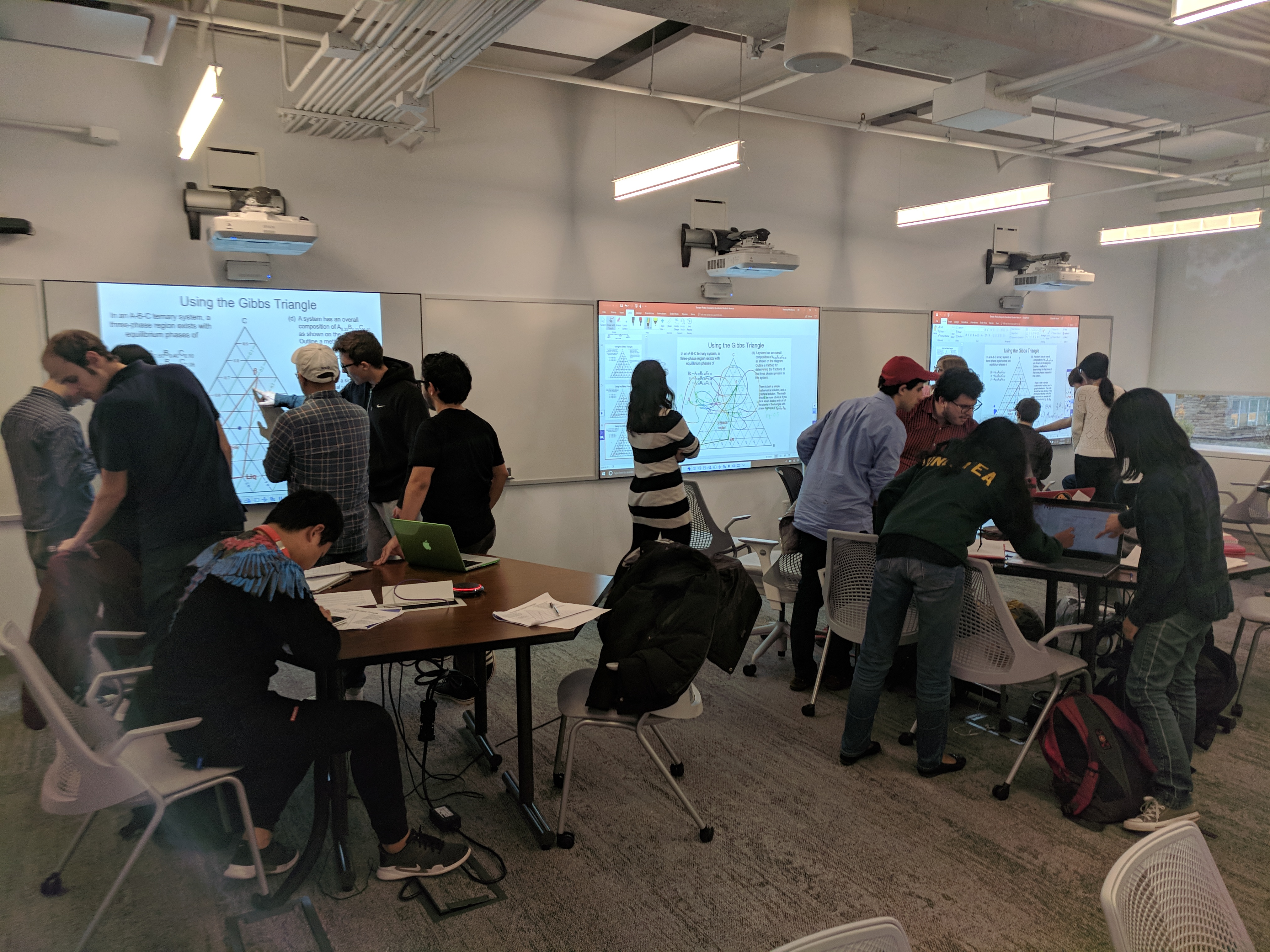
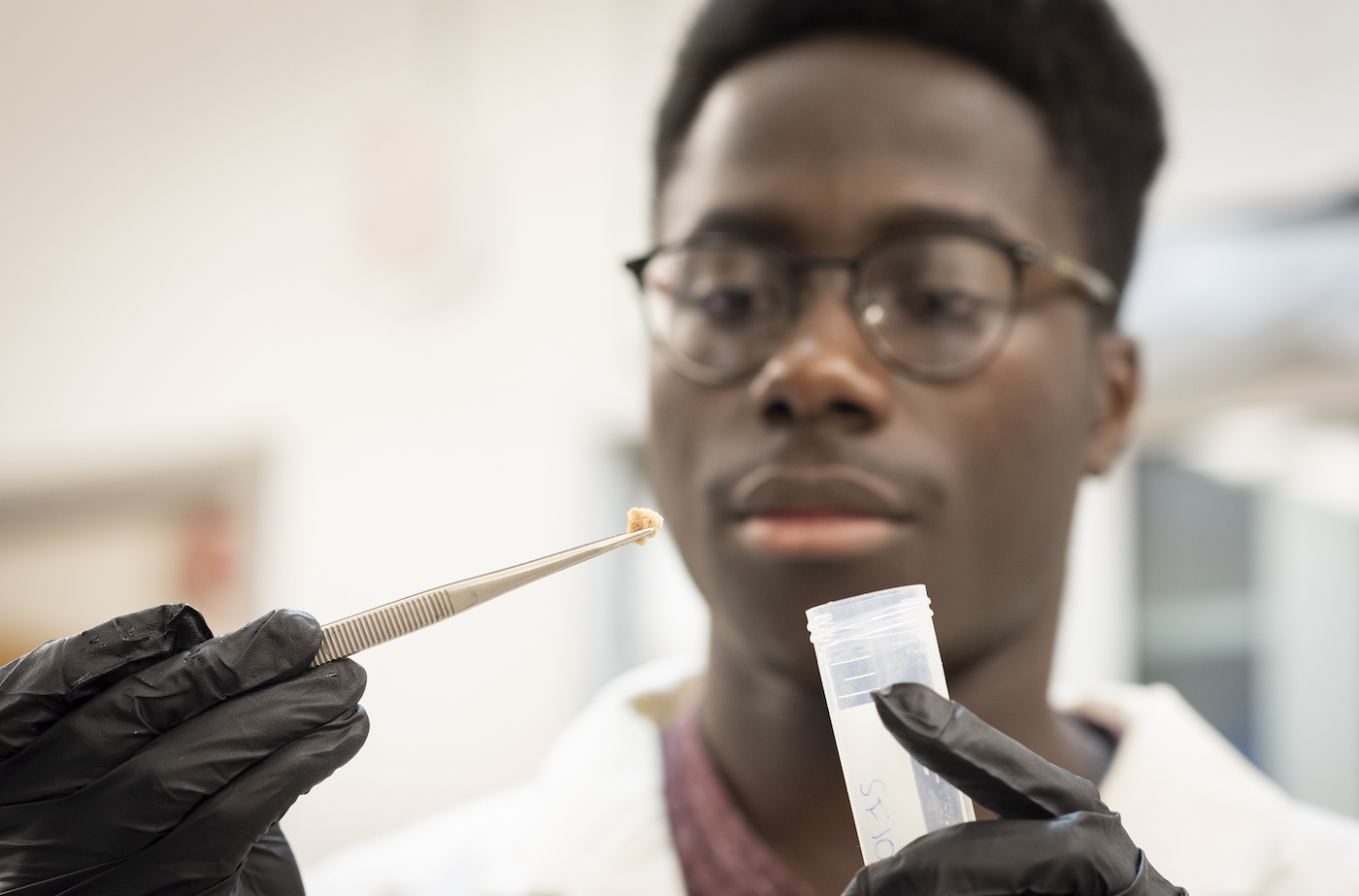 Hands-on experience and design are important parts of an engineering education. Most sophomore courses in materials science and engineering have a laboratory component, and all juniors take laboratory and design courses. Seniors may decide between an intensive one-semester senior laboratory course or a two-semester senior thesis project.
Hands-on experience and design are important parts of an engineering education. Most sophomore courses in materials science and engineering have a laboratory component, and all juniors take laboratory and design courses. Seniors may decide between an intensive one-semester senior laboratory course or a two-semester senior thesis project.
At Cornell, materials scientists and engineers have excellent access to extraordinary tools and facilities, which means that students here can undertake work that can be done at very few other places in the world.
There are also many extracurricular options available to materials science and engineering students, including the popular student project teams, which compete in engineering competitions all over the country, and the Cornell Materials Society - a student organization that organizes events and gives students a voice. We encourage you to explore what the department, college, and university have to offer by visiting our extracurricular activities page.

Beyond innovating materials in the lab, I expect to integrate materials to promote people’s living quality, and to provide engineering solutions for current global, societal, and environmental problems.
As a university founded to be a place where “…any person can find instruction…,” we value diversity and inclusion, and we strive to be a welcoming, caring, and equitable community where students with different backgrounds, perspectives, abilities, and experiences. Students thrive in our friendly and welcoming culture and leave Cornell with meaningful lifelong relationships that often enrich their lives and careers.
We welcome students of varied educational backgrounds from across the U.S. and around the world into our department. Cornell Engineering’s undergraduate program is the first of its size and stature to have reached gender parity among students, and students from racial and ethnic identities historically underrepresented in engineering make up 20% of the undergraduate community.
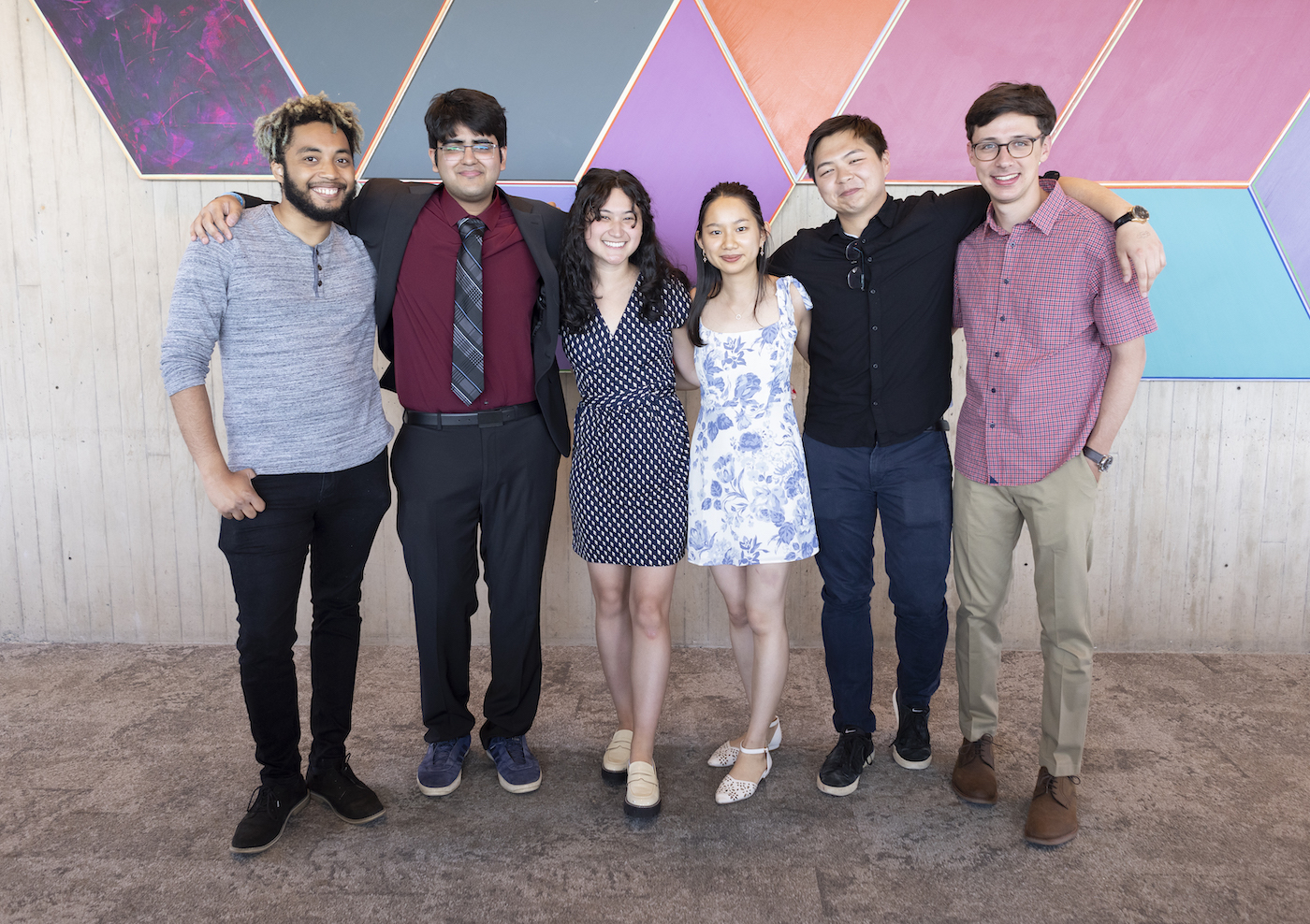
We always welcome your questions. Here are contacts for our undergraduate program in materials science and engineering:
Prof. Michael O. Thompson
Director of Undergraduate Studies
328 Bard Hall
607-255-4714
email
Prof. Christopher "Kit" Umbach
Associate Director of Undergraduate Studies
114 Thurston Hall
607-216-8872
email
Michele Conrad
Undergraduate Student Services Coordinator
210A Bard Hall
607-255-9159
email